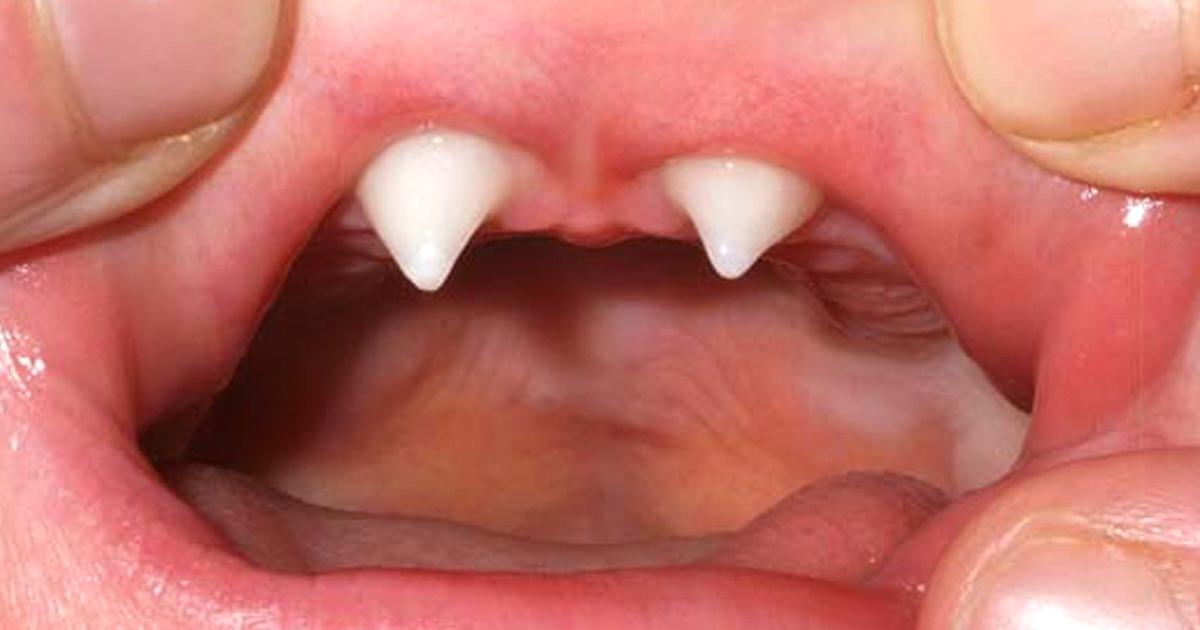What Are The Symptoms Of Hay-Wells Syndrome?
Missing Or Malformed Teeth
Many individuals affected by Hay-Wells syndrome have missing or malformed teeth. A patient's permanent teeth may not have developed at all, and in some cases, one or more primary teeth are missing. When one or more of the teeth are missing, the condition is called selective tooth agenesis. One kind of malformation that occurs in the teeth of affected individuals includes abnormalities of the tooth enamel. These type of enamel defects in patients who have Hay-Wells syndrome can cause the individual to experience tooth sensitivity, excessive tooth erosion, rapid tooth wear, frequent tooth damage, and discoloration. Another common malformation of the teeth that occurs in individuals affected by Hay-Wells syndrome is called conoid or conical tooth. This anomaly describes a smaller-than-average tooth with a tip that appears sharpened instead of the characteristic flat tip. Other defects in the shaping of the teeth that occur due to Hay-Wells syndrome can cause the patient to have trouble chewing food adequately, speaking normally, and maintaining proper oral hygiene.
Discover additional Hay-Wells syndrome symptoms now.
Hearing Loss

Hearing loss is a symptom seen in Hay-Wells syndrome patients for several different reasons. The type of hearing loss that manifests in this disorder is called conductive hearing loss. Conductive hearing loss occurs when there is an issue with the conduction of sound waves at any point along the path that runs through the middle ear, tympanic membrane, and outer ear. Some individuals with this disorder experience a complete development failure of the external auditory canal. Essentially, the patient never develops an ear canal, and because there is no external ear canal, they will not be able hear sounds through that ear. Another reason why some individuals affected by Hay-Wells syndrome experience hearing loss is because of prominent or protruding ears. Protruding ears can cause deformities in the ear canal between the outer and inner ear that can cause an obstruction in the conduction of sound waves. Another cause of hearing loss in Hay-Wells syndrome patients is recurrent episodes of otitis media. The buildup of fluid and debris in combination with the middle ear swelling causes conductive hearing loss.
Continue reading to reveal more signs of Hay-Wells syndrome now.
